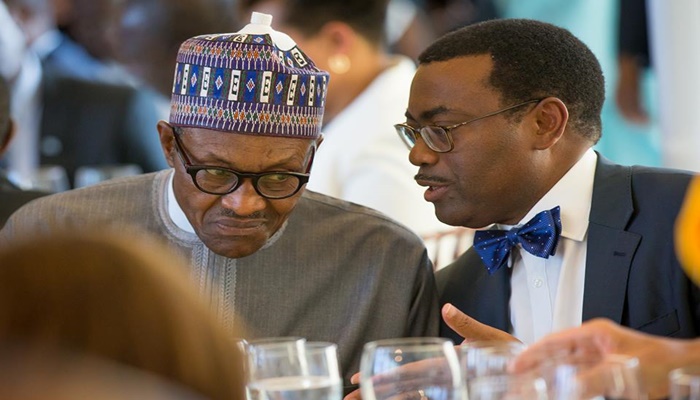2,000 youth farmers to benefit from AfDB irrigation project on rice production in Nasarawa State

About 2,000 youth farmers in Nasarawa State are to benefit from an African Development Bank (AfDB) project tagged: ‘Technologies for African Transformation (TAAT)- Water Enabler Compact (WEC)’, to boost dry season rice production in the state.
Prof. Henry Igbadun, National Coordinator of the TAAT-WEC project, stated this in Lafia on Tuesday at a pre-season sensitisation workshop on improved water management in rice system to increase production.
Igbadun said the project, being implemented by the International Water Management Institute (IWMI) and the Institute for Agricultural Research(IAR) as well as Ahmadu Bello University, Zaria, was aimed at irrigation water management for increased rice production.
He said the project, which started in Nasarawa State in March 2019 with a baseline survey, revealed that rice farmers in the state largely cultivated during the wet season.
According to him, those interested in dry season farming use spate irrigation method of diverting water from streams that usually flooded their fields, thereby adversely affecting the output of production.
The national coordinator, however, said that the pilot phase of the project with the field demonstration of simple technologies at rice farms in Azuba-bashayi and Bukan-sidi in Lafia, had made a lot of difference in dry season rice production.
He said that about 120 rice farmers comprising youth and women as well as agricultural extension workers were currently being trained under the project for them to cascade the training to other farmers in their communities.
News Agency of Nigeria (NAN) reports that starter packs such as water pumps and conveyance kits would be given to the beneficiaries at the end of the training.
Igbadun, however, called on the State Government and other stakeholders to support the project to enable more farmers to benefit.
Dr Olufunke Coffie, Head of West Africa office of IWMI, said the institute was working in collaboration with other partners toward providing water solution to boost agricultural productivity in Africa.
According to Coffie, the TAAT-WEC focuses mainly on irrigation and water management technologies that will help small-scale farmers to increase sustainable agricultural production.
“IWMI, through TAAT-WEC, supports small-scale farmers with gaining access to low-cost irrigation and water management technologies,” Coffie said.
Prof. Mohammed Ishiyaku, Executive Director of IAR, said Nasarawa State had the potential of becoming a major rice producing state with the application of the right irrigation technology.
Ishiyaku, represented by Prof. Bitrus Tarfa, an Assistant Director at the institute, noted that dry season rice farming using simple technology, produced better yield; as the farmer has control over the amount of water in the farm.
Prof. Otaki Alanana, Nasarawa State Commissioner of Agriculture and Water Resources, thanked the organisers of the workshop and assured them of the state government’s partnership to improve rice production.
He urged the participants to ensure adequate use of the knowledge gained from the programme in order to improve on their production.
A cross section of participants at the workshop, Janet Alanji, Abimiku Allu and Cletus Bako, thanked the organisers of the workshop and promised to extend the training to other rice farmers in their various communities. (NAN)






